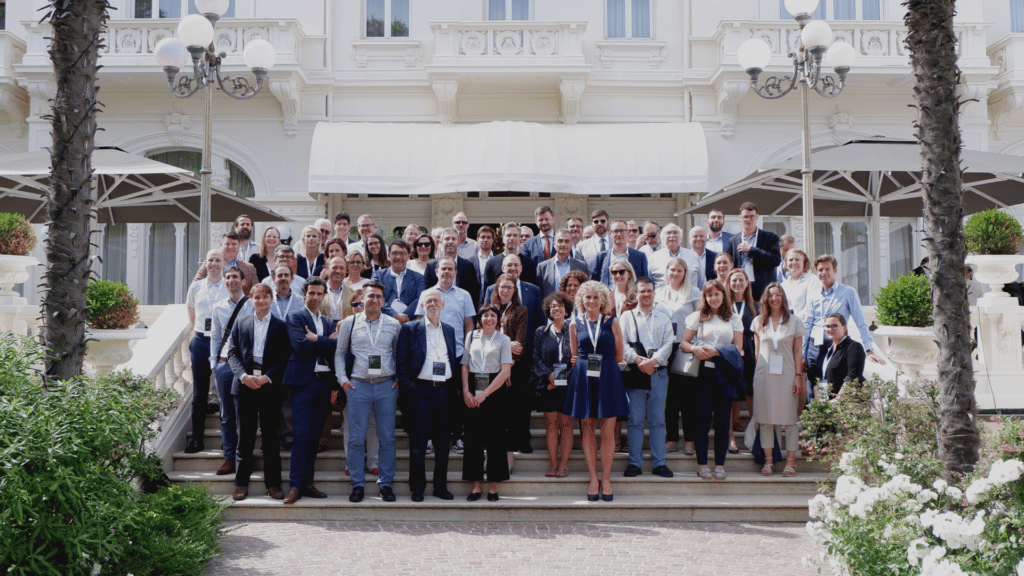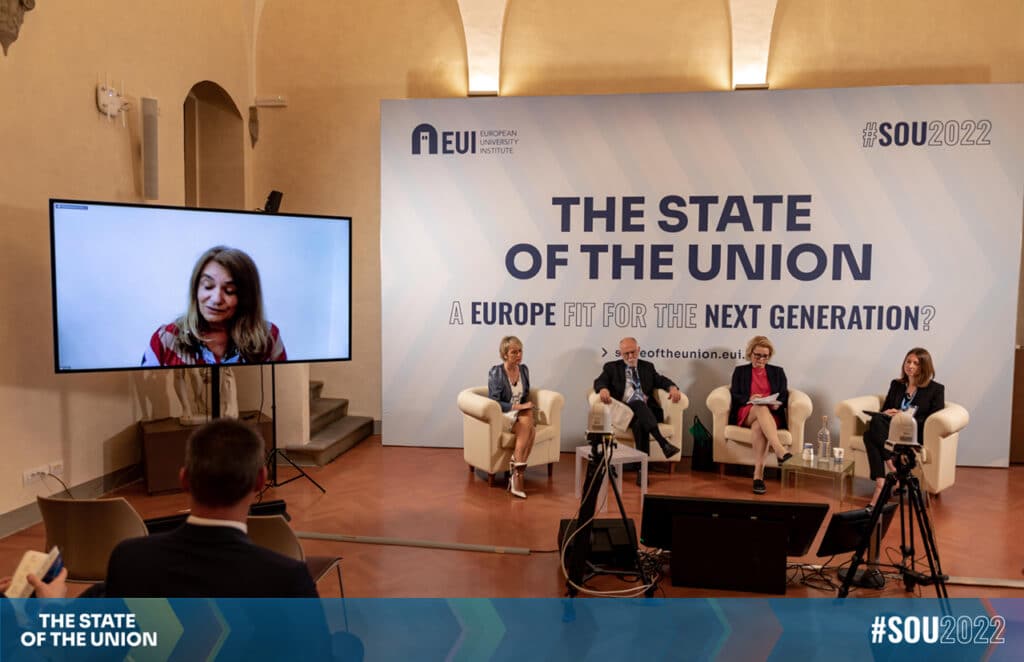Becchis, F., Russolillo, D., Sbandati, A., and Postiglione, M. “Governance, Competition and Service Innovation in Smart Cities: A Regulatory Approach”
The paper “Governance, Competition and Service Innovation in Smart Cities: A Regulatory Approach” (Becchis, F., Russolillo, D., Sbandati, A., and Postiglione, M.) will be presented at the 6th Conference on the Regulation of Infrastructures (16 June, 2017).
ABSTRACT
Smart city projects are meant to meet a complex set of needs coming from citizens and from both the public and the private sector. Individual, household and collective needs are usually considered as well as industrial ambitions and public policy objectives, the latter targeting both broad sustainability issues and administrative innovation. The great risk, in such a composite picture, is to look for absolute solutions based on technology roadmaps only and to leave the societal challenges at the mercy of the – sometimes unwordly – exponential digital transformation. In the debate on “ smart everything” too much attention has been devoted to technologies and technical competence and too less to final users’ needs, market players and regulation.
The aim of this paper is to outline innovations of the regulatory framework for the smart city with a twofold approach. On one hand, it is necessary to strengthen the human-centered approach to smart city design and urban digital transformation, entrusting technology with the role of enabling factor and not of a primary and/or unique driver. On the other hand, it is relevant to update the policy and regulation design to cope with problems of fair competition, labour rights, platform access/network neutrality and privacy, among others.
The methodology chosen to tackle the regulatory research question follows an institutional, in very broad terms, vertical path that encompasses a wide range of levels: from the governance to local suburban communities, going from the former to the latter through a detailed analysis of the regulatory frameworks that shape the services provided to final users.
Thus the first part of the paper is focused on governance and stakeholder analysis, blowing the lid off the winning factors – to name a few: stakeholder relationships and participation in smart city processes, incentives alignment, transparent information flows – that lie behind successful implementations, verified in real case studies such as the Amsterdam smart city platform.
The second part of the paper is dedicated to analysing what urban services are generally regulated at national level, at both national and local level according to specific institutional competencies, and what at the local level only. A thorough understanding of the regulatory constraints and opportunities at the various levels are first and foremost relevant to promote the necessary policy and regulatory integrations needed to reconcile the benefits of new applications (e.g. IoT systems or on-demand economy services) to the manifold problems associated with their deployment in a public (or private) space.
The third part of the paper is about the self-regulation and covers the variety of situations in which organisations and market actors spontaneously and autonomously issue self-rules to provide signals of their expected behaviour in relation to third parties, social problems, the environment and other public issues. It is usually designed and implemented by local communities (e.g. sub-urban organized groups of citizens belonging to the same neighbourhood or building blocks) when they decide to abide by a set of rules and behavioural codes that maximise, for example, the efficient and effective use of indoor and outdoor spaces and infrastructures (e.g. the usage of community green-gyms, the usage of common spaces such as building libraries or co-working spaces, the shared decisions needed to run renewable energy systems serving a groups of flats).
The growing trend of urbanisation requires a deep update of the current regulatory frameworks. Nowadays cities, and in particular the so-called mega-cities, have become real powerhouses in terms of GDP national share and in terms of matter, energy, waste and data flow. Smart solutions and even smarter regulations really need to take over and provide the paradigm shift so badly needed to ensure the intersectoral sustainability of urban environments and social innovation.
ABOUT THE AUTHORS
Franco Becchis is the Scientific Director of Fondazione per l’Ambiente since its creation, he coordinates research programmes on the interaction between economics, energy and environment and on local public services, as well as capacity building and support activities for local public entities. Contract professor at the Saint John International University in Vinovo (Torino). His scientific interests and his publications range from public economics to environmental and regulatory economics.







